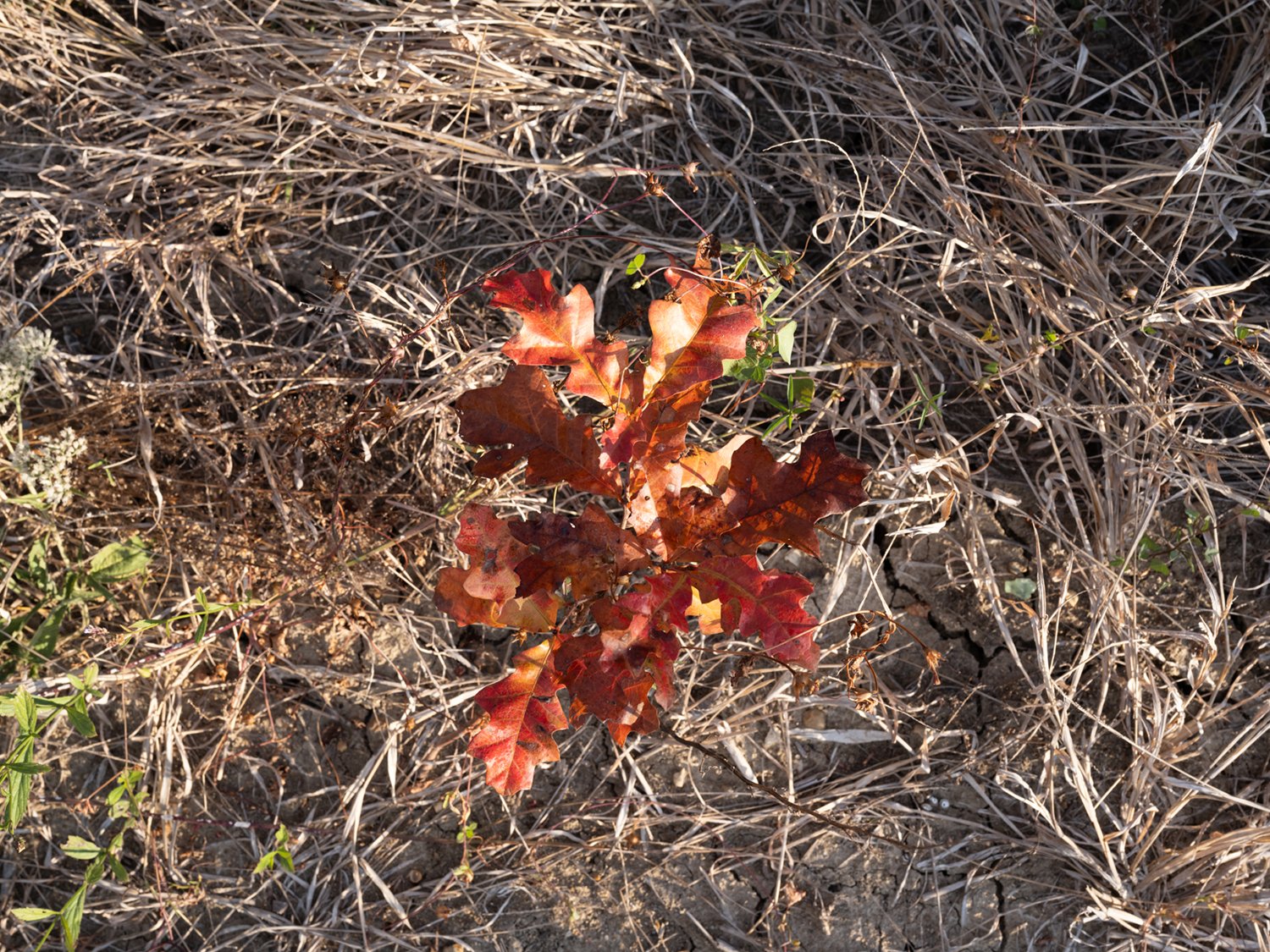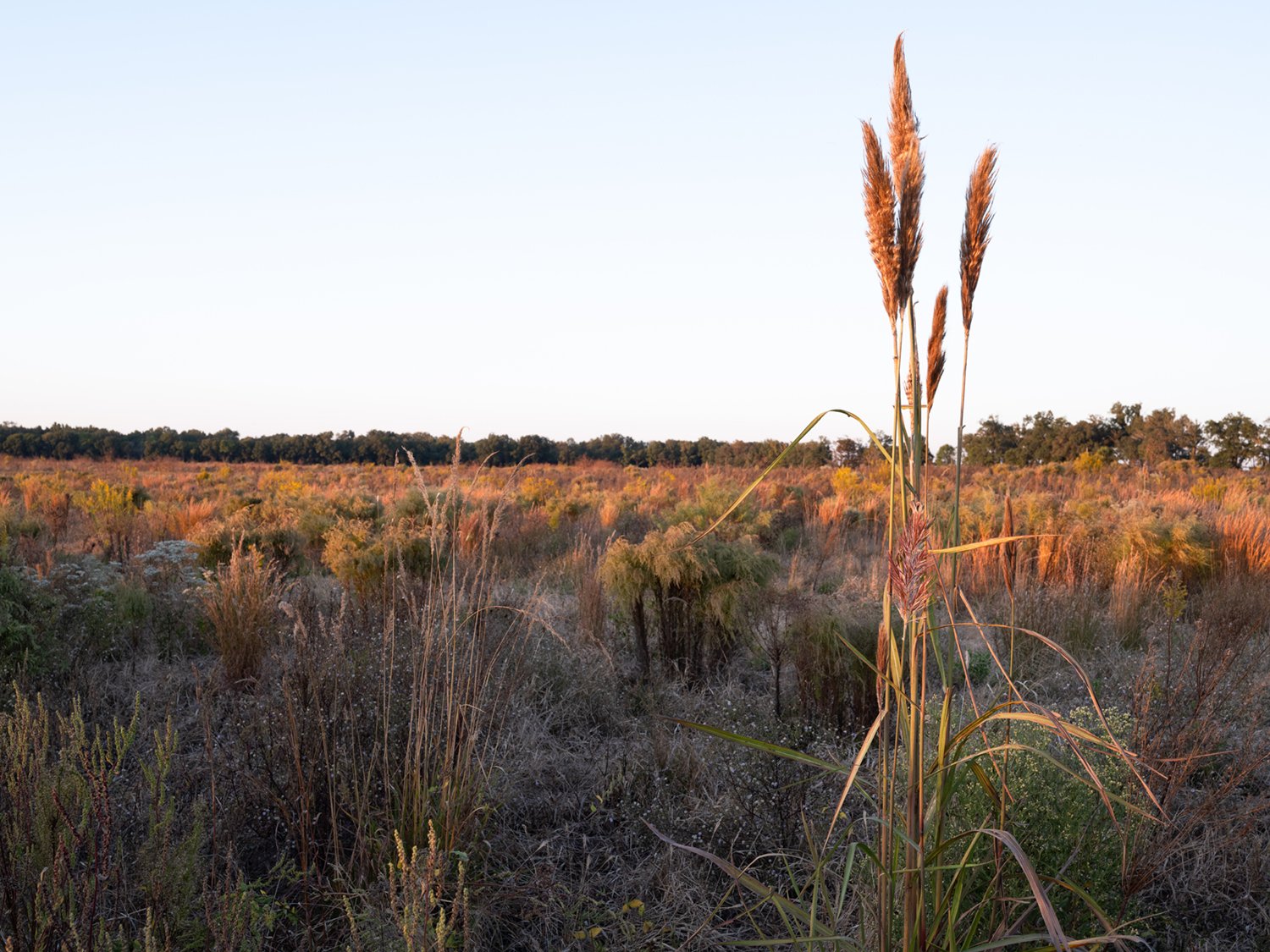Roots Imperative
Canard Brake
Catahoula Parish, Louisiana
2025 ASLA-TX Merit Award
2025 ASLA-TX Climate Action Champion Green Ribbon for Ecosystem Restoration and Biodiversity
FORGE is working to reforest land degraded by commodity farming practices across the Louisiana Delta in areas where farming is not reliably profitable due to increasingly severe seasonal flooding.
Canard Brake, located in Lower Mississippi Alluvial Valley, was deforested in the 1960s for commodity soybean and cotton farming. In recent years, as seasonal flooding increases, crops have repeatedly been lost prior to harvest. The land, no longer suitable for farming, is now being valued as part of a growing network of land conserved for wildlife and local communities.
Adjacent to the Dewey Wills Wildlife Management Area and close to Catahoula Lake, the land plays an important role in linking habitat areas. Catahoula Lake is recognized as a wetland of international importance (RAMSAR), and serves as the most important inland wetland in Louisiana for migratory waterfowl.
The return of bottomland hardwood forest is intended to optimize the sequestration of carbon while also creating critical biodiverse habitat for migratory birds and other animal and plant species.
Bottomland hardwood forest was once the dominant ecosystem but now occupies only two percent of its former range in the LMAV. The reforestation maximizes biodiversity, with species selected according to soil moisture along a fine gradient across the site.
FORGE is engaged in a long-term research project at Canard Brake, measuring and monitoring soil organic carbon and carbon accumulated in above ground biomass. This research contributes new knowledge about the relationship between land restoration and the carbon cycle, allowing us to better understand how newly reforested bottomland hardwood performs as a carbon sink in a changing climate.
2022
1940
1966
2018


















